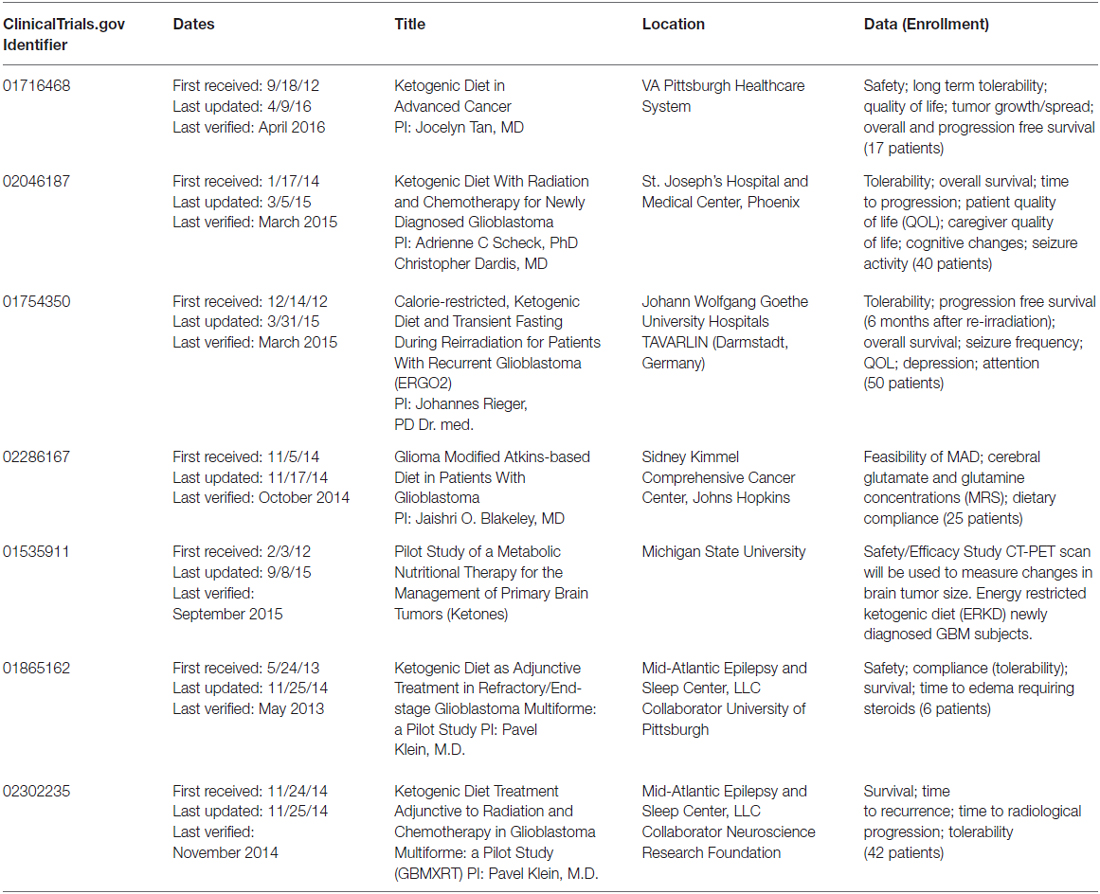
Frontiers Tumor Metabolism, the Ketogenic Diet and βHydroxybutyrate
Abstract. Ketogenic diets are a widely known, yet controversial treatment for cancer patients. In this review, we summarize the clinical evidence for anti-tumor effects, as well as the effects on anthropometry, quality of life, adverse events and adherence in cancer patients. In April 2019, a systematic search was conducted searching five.
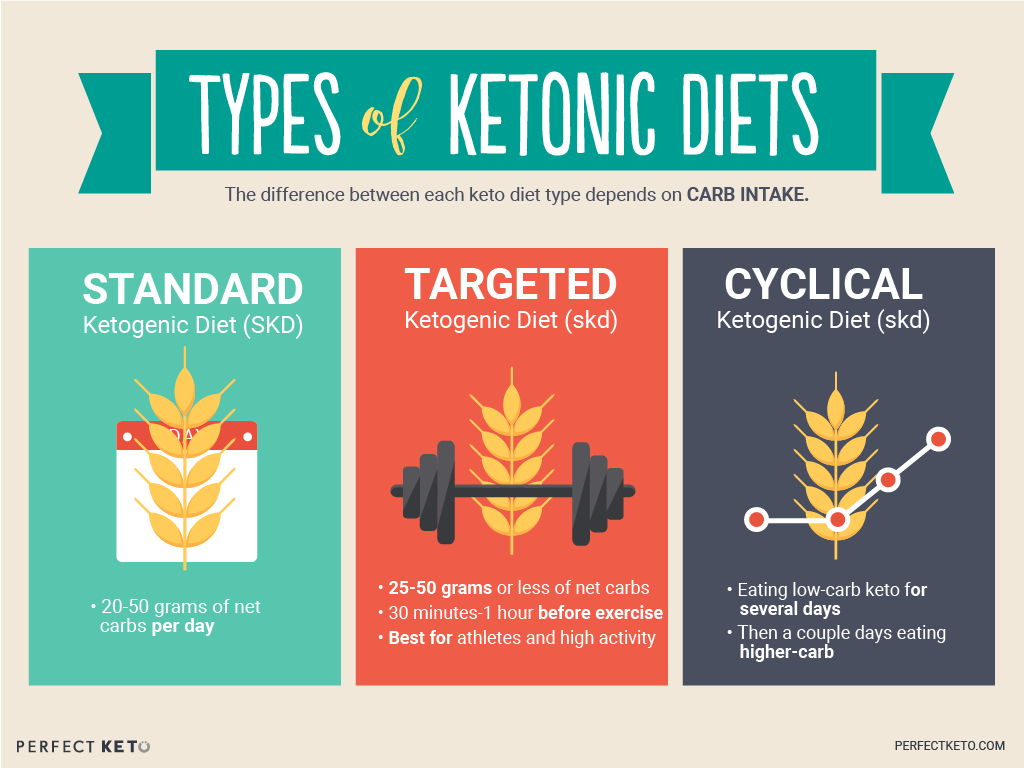
What Is the Ketogenic Diet? Perfect Keto Exogenous Ketones
Since a ketogenic diet is a powerful weight loss tool, it may also help reduce the risk of cancer by fighting obesity . SUMMARY The ketogenic diet reduces IGF-1 levels, blood sugar levels, and the.
Keto diets extend life, health, memory, two studies in mice find The
Ketogenic diet recipes for cancer can be complex depending upon a patient's cancer, stage, treatment, support, and motivation. Before implementing a keto diet for cancer, patients should consult with a registered dietitian who understands ketogenic diets and the metabolic approach to cancer. Not all dietitians or nutritionists have experience.
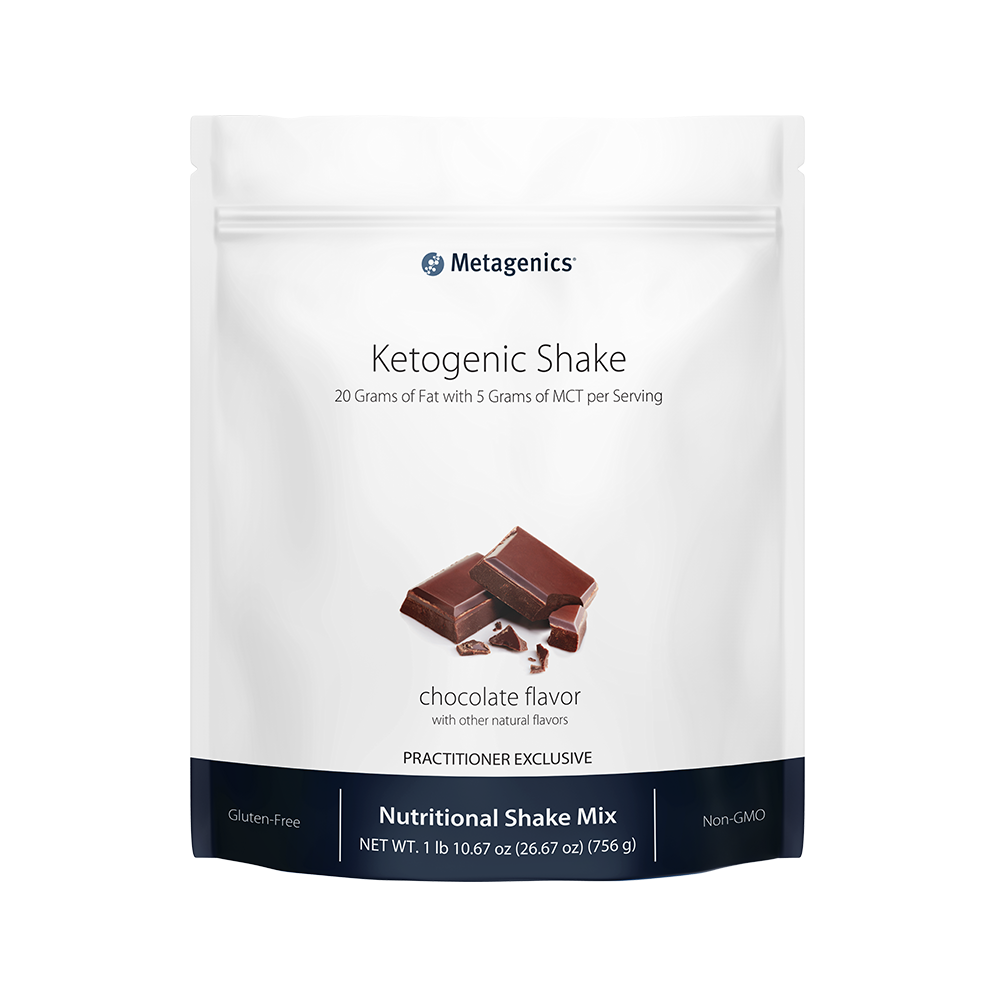
Ketogenic Shake BodyLogicMD
The ketogenic diet—on its own—may accelerate cachexia, a disease that leads to weight loss and muscle wasting, in cancer patients, a mice study finds. Health Conditions Alzheimer's & Dementia
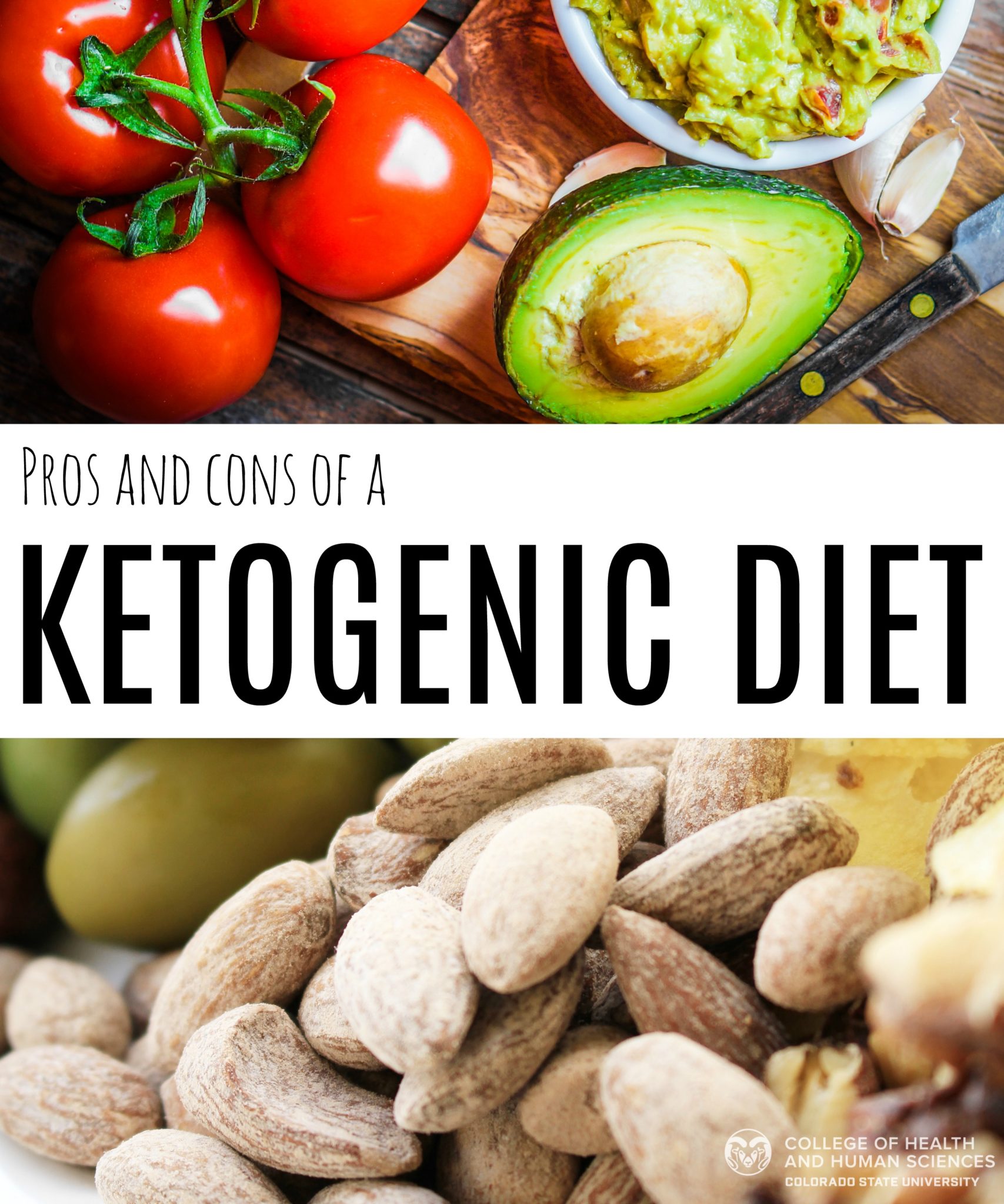
The truth about the ketogenic diet College of Health and Human Sciences
A dietitian can determine your nutrition goals and help adjust them during each stage and change of your cancer treatment. Your dietitian can help you manage your diet to minimize side effects, cope with any new food sensitivities and keep you feeling your best. Request an appointment at MD Anderson online or by calling 1-877-632-6789.

Ketogenic Diet Cancer, Ketogenic Diet Menu, Ketogenic Recipes, Keto
45.2K. The evidence for a ketogenic diet to fight cancer is undeniable and becoming overwhelming.. The evidence for a whole foods, plant-based diet to fight cancer is also pretty darn compelling. Media and vocal proponents from both sides would lead you to believe you must choose one or the other but the truth is that a whole-foods, plant-based diet and therapeutic keto have more in common.

Ketogenic Diet
Phase A: Fluid KD with a 4:1 ratio (4 g fat versus 1 g protein plus carbohydrates, 90% energy from fat) Patients were allowed a snack with the same 4:1 diet ratio once a day. Phase B: Solid-food KD (diet ratio 1.5-2.0:1) with MCT; (70% energy from fat with the consistency of an emulsion) 14 weeks.
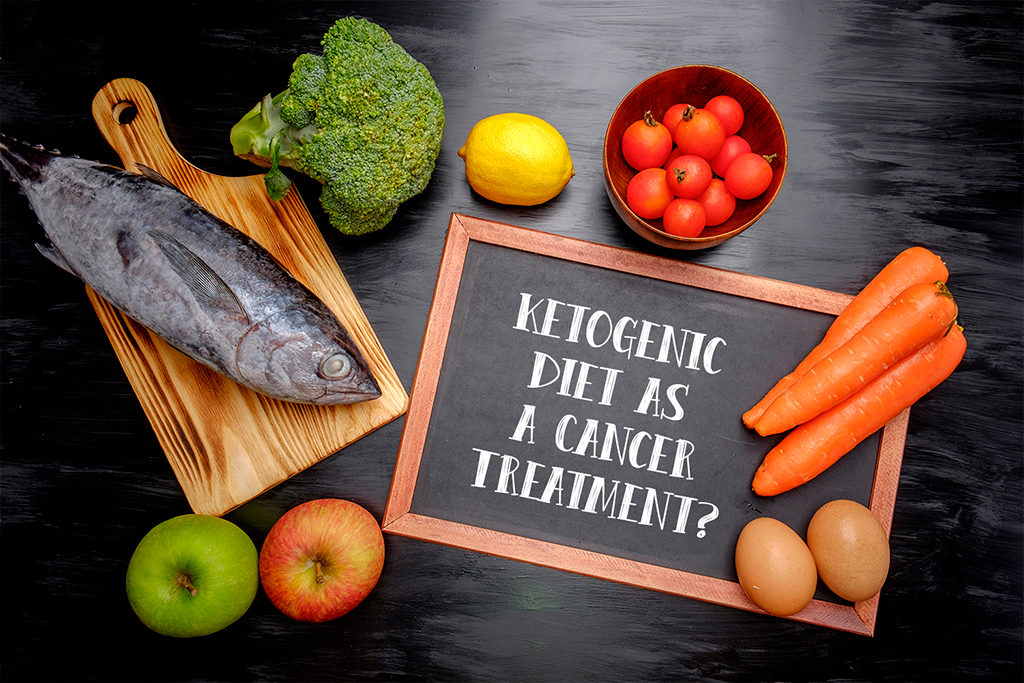
Ketogenic Diet as a Cancer Treatment? Karen Berrios Blog Wellness
The ketogenic diet, often just called "keto," is now under study for its potential role in both cancer prevention and treatment. Whether or not it offers real benefits, however, is a complicated question. First, cancer is not a single disease. It is a broad collection of diseases. It's possible that a keto diet may be helpful for one type of.
/what-is-a-ketogenic-diet-2241628_final3-5b364771c9e77c00374825f0.png)
Getting Started on a Ketogenic Diet
A ketogenic diet is a very low-carbohydrate diet that also tends to be low calorie. Therefore, over time it will lead to weight loss. That in turn will reduce obesity-related inflammation and other metabolic problems, which could reduce the risk of cancer forming and coming back.

Pin on Ketogenic Diet Brain
The result is that the cancer cells become heavily dependent on ATP coming from the less efficient process of glycolysis ( Figure 1 ). Figure 1. Ketogenic Diet Metabolic Pathways. Ketogenic diets mimic the fasting state, wherein the body responds to the lack of glucose by producing ketones for energy. Excess lactate production, which is part of.

The Ketogenic Diet An Ultimate Guide to Keto. Ketogenic diets are
4. Ketogenic Diet as Cancer Therapy: Mechanisms of Action. The ketogenic diet (KD) is defined as a high-fat, low-protein, and low-carbohydrate diet and has been used in the treatment of several diseases. Moreover, KD can be considered inexpensive, safer, and easier to be carried out when compared to traditional anticancer therapy.
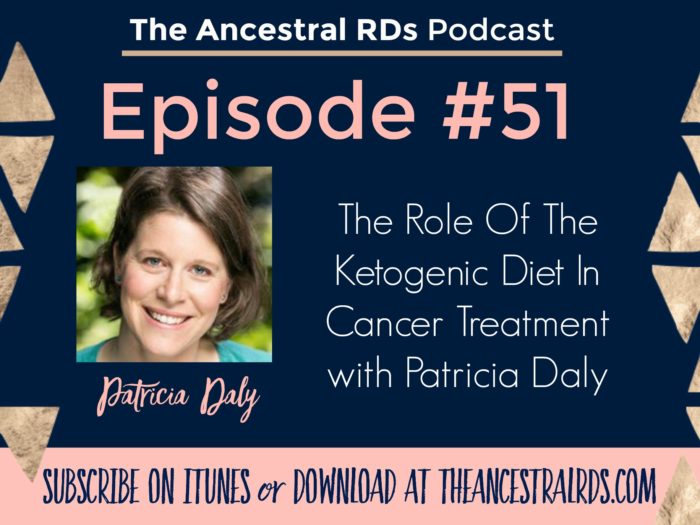
Episode 51 The Role Of The Ketogenic Diet In Cancer Treatment with
A ketogenic diet has been proposed as a potential supportive therapy for cancer patients, although its long-term influence on survival rates remain controversial. In our previous report, we presented promising results for 37 of 55 patients with advanced cancer enrolled between 2013 and 2018 who remained on a ketogenic diet for at least 3 months. We followed all 55 patients until March 2023 and.

Does a ketogenic diet lower a very high Lp(a)? A striking experiment in
The ketogenic group was asked to consume 70 percent of calories from fat, 25 percent from protein and 5 percent from carbohydrates. The comparison diet was one recommended by the American Cancer Society, high in whole grains and fruit and low in added sugar. After three months, women in the ketogenic diet group had lower levels of insulin and.

Ketogenic diets Silicon Valley investors bodyhack for better health
The Healthy Keto meal plan is a 4-week meal plan that keeps net carbs at around 50 grams per day, while still providing fiber-rich foods to keep your gut, heart, and brain healthy and happy. Low in unhealthy saturated fats. High in healthy unsaturated fats. Full of fiber-rich veggies. Opts for lean protein choices.
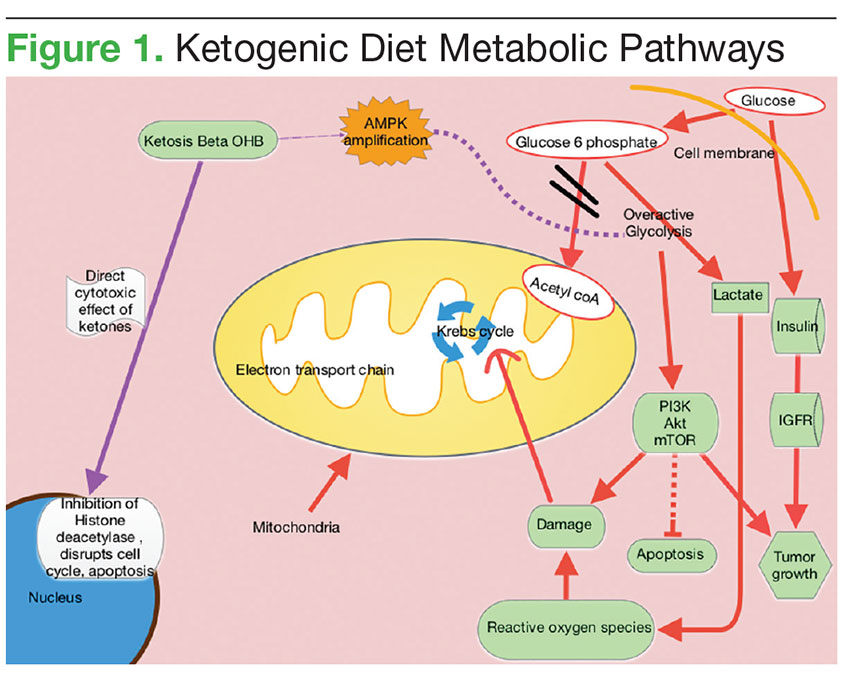
Ketogenic Diets and Cancer Emerging Evidence Federal Practitioner
Cancer and the Keto Diet. A ketogenic (keto) diet is a very high-fat, low- carbohydrate way of eating. It can help you lose weight by forcing your body to burn fat instead of carbs as its main.

Ketogenic Food Regime Health Matters Consulting
While cancer cells prefer glucose and low carb or ketogenic diets have been found to help slow cancer growth, cancer cells can also use fat and ketones for fuel to grow.. Our recipes designed for cancer emphasise recipes that contain more of the amino acid histidine. Foods that contain more histidine include game meats, pork and beef.